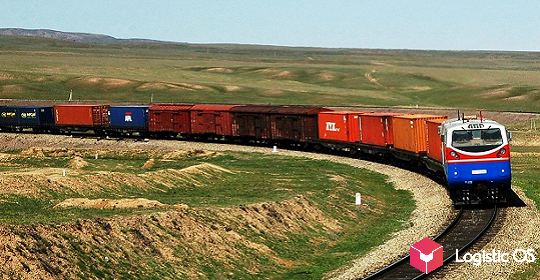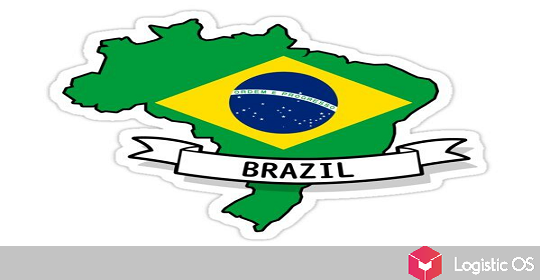According to the Ministry of Agriculture, Russia has reduced purchases of imported seeds by almost a third during 2023. The main emphasis is on import substitution.
As noted in the Russian agricultural department, the process of abandoning imported seeds is currently underway.
In 2023, the import of seed material from abroad decreased by 34% when compared with the level of 2022. In total, 57.7 thousand tons of seeds were imported in 2023, while in 2022 – 87.9 thousand tons.
At the same time, the supply of seed material to Russian farmers has not decreased, which is especially important, experts note.
For example, at the moment, farmers already have 99% of grain and legume seeds, 54% of corn seeds, 51% of sunflower seeds, 48% of sugar beet seeds.
How does the seed import quota work?
This February, the Ministry of Agriculture also set a quota for the import of seeds from unfriendly countries; it is at the level of 33.1 thousand tons.
The main goal of introducing such a quota is to accelerate the processes of import substitution in the field of seed production.
As a result, the structure of Russian imports has undergone significant changes, with the emphasis shifting towards friendly states. For example, Türkiye has significantly increased its supply of corn and sunflower seeds.
At the same time, experts see a number of risks in accelerated import substitution.
One of them is a possible shortage of seeds that may arise on the Russian market.
For example, many international companies are now facing difficulties when trying to supply seeds of foreign selection to the country, and barriers erected by the Ministry of Agriculture often prevent the delivery of even already contracted lots.
As for the transition to domestic developments, there is a risk of reducing the quality of seeds, and as a result, the yield and profitability of production.
The Ministry of Agriculture is doing its best to protect domestic developments, but a number of them initially turned out to be unclaimed by farmers because they were significantly inferior to their foreign counterparts.
Therefore, analysts believe, it is worth approaching the issue as thoughtfully as possible, providing farmers with seeds in the required volume, and not creating import restrictions for them.
First, we need to fully carry out import substitution and achieve the required quality of seeds, and only then ban foreign analogues.
Otherwise, this could result in extremely negative consequences for the entire Russian agro-industrial complex.

